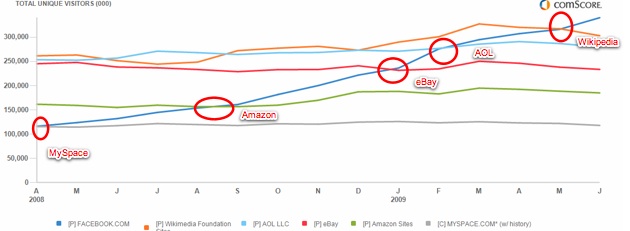Our research article about the use of Web 2.0 technologies in Civil Engineering Education „How Web 2.0 Enhance Knowledge Construction in Civil Engineering“ has been published.
Abstract:
At Graz University of Technology (TU Graz) lots of experience using multimedia or internet based applications in higher education has been gathered. Especially in the field of civil engineering we can refer to a seven year long practical employment. During the very first e-Learning boom at universities in Austria in 2001 some projects in the field of civil engineering have been started in order to investigate the possibilities of web-based education. Nowadays a radical change of the Web, often called Web 2.0, offers possibilities, which can change the e-Education dramatically. The use of Wikis and Weblogs lead to a more collaborative teaching and learning process. Podcasts, in the same way as web based software helps to support the learner of today in a much more efficient way as in the years before.
This paper will discuss how modern technologies can be used in the field of Civil Engineering Education and will show a lot of practical examples of today’s effort in this field at TU Graz. The authors conclude that e-Education will play a very important role in the future of higher education. Bearing in mind that learners of today are the working society of tomorrow this change leads to arbitrarily new situations. Has industry to prepare for a new kind of generation?
Reference: Ebner, M. (2009) How Web 2.0 Enhance Knowledge Construction in Civil Engineering, A. Starcic and M. Kovac (ed.), University & Industry – Knowledge Transfer and Innovation, WSEAS Press, Athen, 2009, p. 77-101
Here you will get the Draftversion.

